It’s weird to hear news of artistic life in the midst of Covid. The Sydney Theatre Company has a new executive director, Anne Dunn, (who comes with a wealth of experience running the Sydney Dance Company) while the old one Patrick Mc-Intyre, goes on to run the National Film and Sound Archives. It’s odd the way the administrators continue to thrive and climb even as the performers wither on the vine. It’s not a process that can be stopped because there are no companies without the people who run them though you can sometimes wish all our administrators were as talented as the best of our performers.
And then, of course, there are the poignant reminders of the artists who have fallen by the wayside. The news came of a panel – including Jackie Weaver – appointed to judge the Heath Ledger Award and that Gregor Jordan has been made the patron. Jordan directed Heath Ledger in his Ned Kelly film and the announcement about the award is a reminder of what we lost when the boy from the West died so young.
There’s a lot of talk about Ledger in the Batman film The Dark Knight but the film history will remember most is Ang Lee’s Brokeback Mountain where we see Ledger doing that most difficult of things moving from youth into middle age and we become conscious in an almost incidental way that the guy from Perth who played Hamlet at high school and told Neil Armfield that he would like to do it on the Sydney stage was in fact a great actor. He had the looks, he had the voice, he had the widest possible range. Actors come in different shapes and sizes but Heath Ledger had the heroic equipment of a natural born star which makes it all the sadder that we never saw on stage his Hamlet or his Oedipus, his Stanley Kowalski or his Roo in Summer of the Seventeenth Doll.
Twenty five years ago, Ray Lawler’s fifties play with its Tennessee Williams-style title was directed about as well as could be imagined by Robyn Nevin with Frankie J. Holden as Roo and Genevieve Picot as Olive. It testified to that instant polyphonic precision Robyn Nevin, on a good day, has as a director.
There’s a new memoir by David Williamson out in October in which our seven- foot playwright is delineating his spiteful mother to whom he attributes any gift he might have for satire and his kind-hearted father from whom he must have inherited some sense of the forgiveness that is necessary for a broader sense of comedy. He has occasion to quote his own play, After the Ball, which had Sue Jones as the dramatic avatar of his sardonic mother and Max Gillies as a version of his mild father and it’s a reminder of how flawlessly Robyn Nevin back in her Queensland Theatre Company days directed that play which seems less minor in the memory than it seemed at the time: it had perfect pitch, it had emotional credibility, its rage and pain and transient sense of futility were wonderfully done as if director and playwright sang in perfect harmony from the same hymn book. Nevin, like Willliamson, is one of the great Australian naturalists and when things are firing they make you realise that naturalism is a miracle and we don’t honour Ibsen for nothing.
And speaking of different kinds of comedy think of the great dramatists of our own English language tradition. That wise New York critic Lionel Trilling said once that if you wanted a higher form of comedy than The Importance of Being Earnest – the zenith of the variety it embodies – think of As You Like It.
Imagine how Heath Ledger as Orlando would have had people swooning as they lost themselves in the Forest of Arden. Okay, he would have been upstaged by Rosalind as Helen McCrory upstaged Dominic West at London’s Wyndham Theatre back in 2005 but that’s the point of the play. But in terms of Williamson’s different comic inheritances, think of Shakespeare’s very great contemporary Ben Jonson. There’s no greater satire in the English language than Jonson’s Volpone and The Alchemist but put them next to Shakespeare and they look like cartoon cutouts. Remember Bing Crosby on Frank Sinatra, ‘It’s a voice you only get once in a lifetime. Why did it have to be my lifetime?’
How does all of this relate to The Newsreader, the show about two anchors who share a spot on the nightly news, which is set in the 1980’s and touches on such famous bits of history as Lindy Chamberlain’s eventually established innocence, the AIDS crisis and the Chernobyl disaster?
The older newsreader is played by Anna Torv, with plenty of sweeping moody authority and her young co-worker (who becomes her lover) by Sam Reid. Sam Reid first came to prominence a few years ago as a British army officer in the IRA film ‘71 with Jack O’Connell and he’s also in a rather silly film about the Bullingdon Club, The Riot Club. He’s English-trained and if need be he can do near perfect standard English. This is certainly not required in The Newsreader but you can tell there’s particular precision in his portrait of a young guy trying to find his journalistic feet and the actual tilt of his sexuality that’s changing, inch by inch, all around him.
The Newsreader is attractively old-fashioned in the way it plays on the viewer’s sympathies and presents an image of life that no one at the time could have quite conjured up. There’s a wonderful portrait of an old ogre, an executive producer by William McInnes and Marg Downey lifts everything in her performance as the wife of Robert Taylor, a news veteran of vast experience whose health is failing and whom the powers that be are moving against.
The Newsreader exhibits a diversity the period didn’t quite have. But it’s good to see the sports yobbo sticking up for the Korean girl. It’s a show which has a breadth and humanity which reminds us of whatever we cherish about this place.
Got something to add? Join the discussion and comment below.
Get 10 issues for just $10
Subscribe to The Spectator Australia today for the next 10 magazine issues, plus full online access, for just $10.
You might disagree with half of it, but you’ll enjoy reading all of it. Try your first month for free, then just $2 a week for the remainder of your first year.

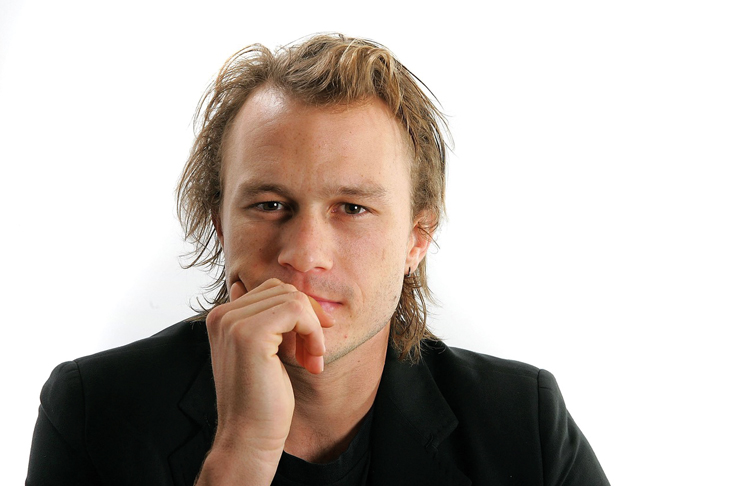
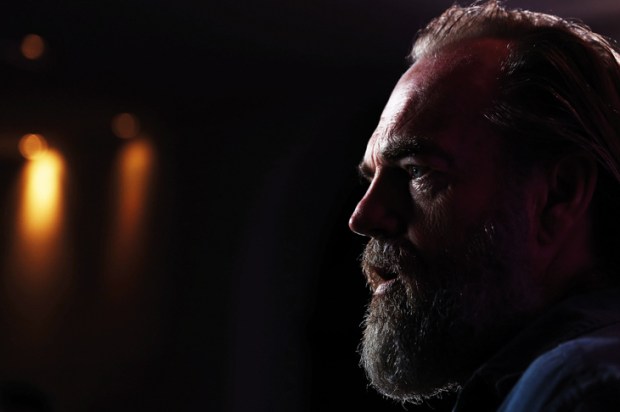
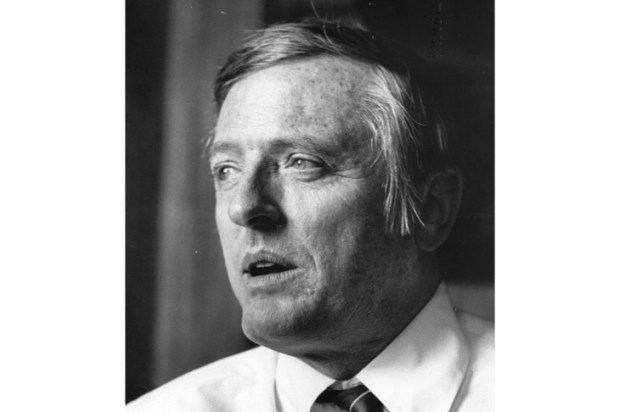
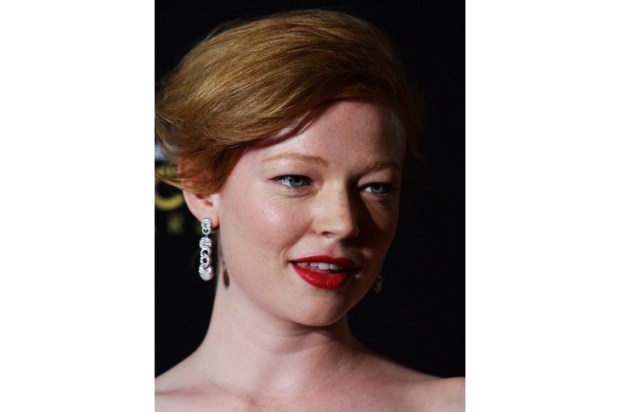
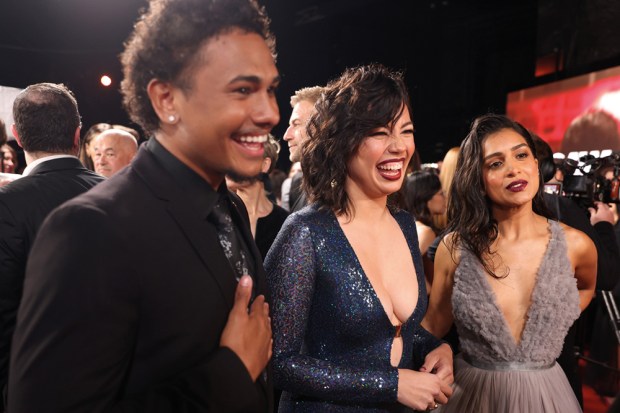
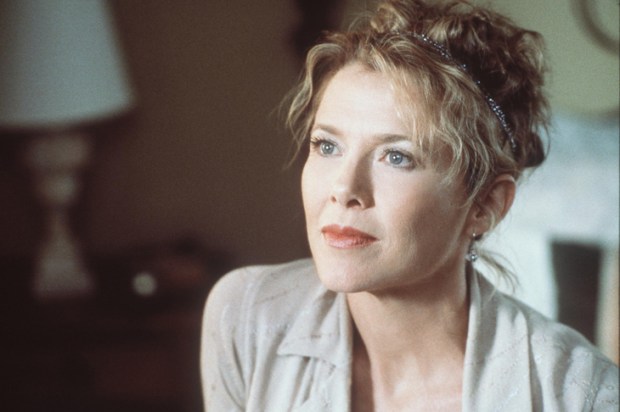
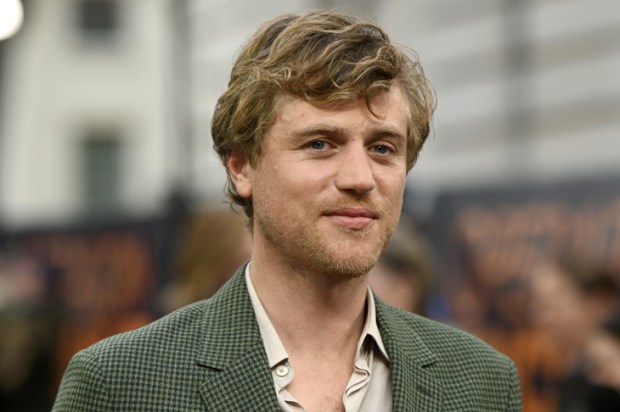






Comments
Don't miss out
Join the conversation with other Spectator Australia readers. Subscribe to leave a comment.
SUBSCRIBEAlready a subscriber? Log in